#Art and Science
Explore tagged Tumblr posts
Text






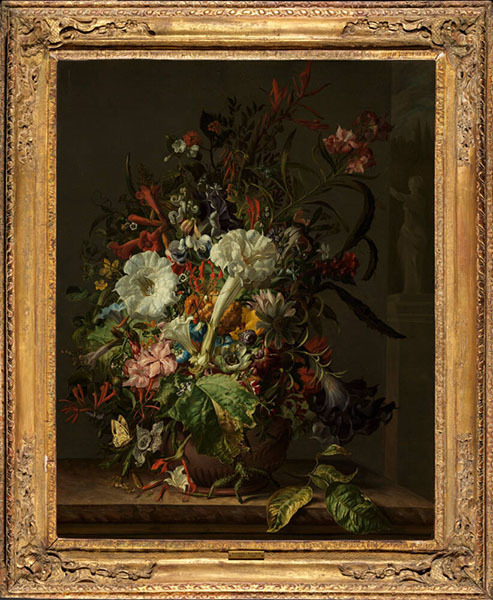
Rachel Ruysch – Scientist of the Day
Rachel Ruysch, a Dutch painter, was born June 3, 1664, in The Hague.
read more...
#Rachel Ruysch#art and science#still lifes#histsci#histSTM#17th century#18th cenuy#history of science#Ashworth#Scientist of the Day
65 notes
·
View notes
Text

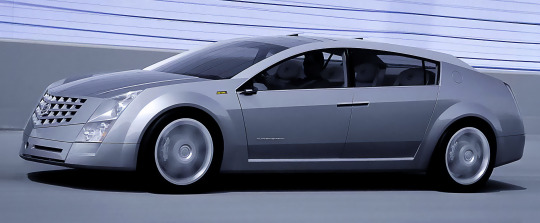
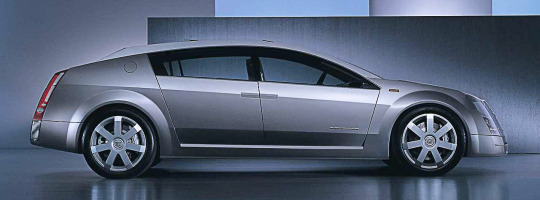
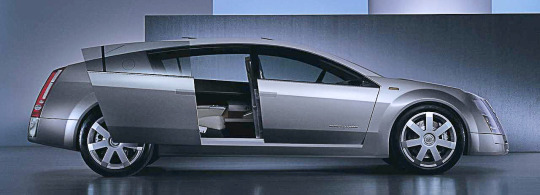

Cadillac Imaj Concept, 2000. A 4 wheel drive "ultra-luxury sedan" prototype using an aluminium space frame construction and a 425hp supercharged Northstar V8. Presented at the Geneva Motor Show, it was styled according to the principles of Cadillac’s Art and Science design concept
#Cadillac#Cadillac Imaj Concept#2000#Geneva Motor Show#concept#design study#prototype#Aluminium Space Frame#supercharged#Northstar V8#all wheel drive#sliding doors#luxury car#Art and Science
168 notes
·
View notes
Text


My needle lace sample of an image from A Treatise on Electricity and Magnetism by James Clerk Maxwell, released from the support fabric.
#artists on tumblr#textile art#fibre arts#needle lace#lacemaking#electricity#magnetism#physics#sci art#art and science#astrofibres#James Clerk Maxwell
20 notes
·
View notes
Text

#art and science#pale aesthetic#weirdcore#dreamcore#pale blog#liminal space#liminalcore#the backrooms
24 notes
·
View notes
Text
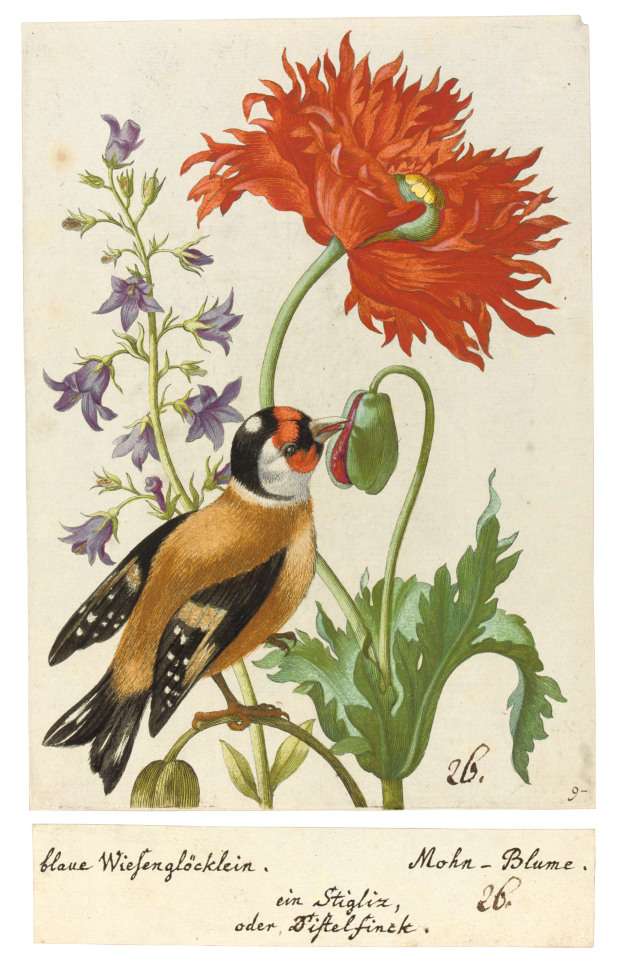
Goldfinch and Flowers Maria Sibylla Merian c. 1675
58 notes
·
View notes
Text

If we're going with the theory that Zane and Darling made Alan, this is how I keep picturing it 😂
#Alan Wake 2#Control#Thomas Zane#Casper Darling#Dr Darling#Zaneling#Art and Science#That's how the magic happened :)
106 notes
·
View notes
Text





I was the artist teacher for Self Help Graphics and Art summer youth program. I taught them how to make aircrete and how to work together on a collaborative piece. What a good time!
“All My Homies Love Plants”
An aircrete sculpture garden.
#urbansoulfarmer#art and science#summer camp#self help graphics#artist#aircrete#sculpture#garden#workshop#class
12 notes
·
View notes
Text
“For a landscape ecologist, a landscape is made up of a spatial array of patches. Depending on the researcher’s perspective, patches may consist of ecosystems or may simply be areas of habitat for a particular organism. Patches are spread spatially over a landscape in a mosaic. This metaphor reflects how natural systems often are arrayed across landscapes in complex patterns, like an intricate work of art.”
—Environment: The Science Behind The Stories by Jay Withgott and Matthew Laposata
#quotes#environmental science#ecology#landscape ecology#landscape architecture#art#science#science and art#art and science#landscapes#nature#environmental
58 notes
·
View notes
Text
First post in six years? Sick of the meta apps. Anyway here’s some of my art.





#art#experimentalart#fine art#experimental photography#patterns in nature#art and science#ernst haeckel#ocean art#contemporary art
4 notes
·
View notes
Text

So many teeth. 🦷🦷🦷
I recently created this massive set of dental/periodontal illustrations depicting various dentoalveolar phenotypes from both soft tissue and hard tissue anatomical perspectives. The two scenarios at the top show an optimized periodontal phenotype (the one on the right is somewhat deficient, but still robust), and the four scenarios below are examples of intact, susceptible, and deficient bone and gingival phenotypes next to the anticipated impact of intervention; from top to bottom, the gingiva and bone get progressively worse after the teeth are straightened, which would lead to the need for additional intervention such as bone augmentation.
See more medical/scientific illustration work at hromibiomedical.com
#medical illustration#medical illustrator#sciart#medart#anatomy#healthcare#dentistry#surgery#teeth#orthodontia#dentist#dds#illustration#illustrator#digital illustration#anatomy art#anatomical art#medicine#dental#dental care#art and medicine#art and science#science and art#grand rapids artist#my art
13 notes
·
View notes
Text
ARCHITECTON
Director: Victor Kossakovsky Distributor: A24 Year: 2024
"Look at the Baalbek monument in Lebanon. The heaviest stone in Rome is 60 tons. The Baalbek rocks are 900, 1,000, 1,600 tons. Today no one can lift it, let alone cut it with the precision they did. They say slaves made it: absolutely wrong. Only masters could do it." All that is sustainable architecture. You build it once, it’s for ever; we don’t need to pay again. Today people say it’s easier to build fast from cement, and cheaper: for who? For our grandchildren it’s expensive, because they will destroy it and build something new. Roman cement lasts 1,000 years. Modern cement doesn’t last 100. In Britain you demolish 50,000 buildings a year, and their average age is 40 years. Even a bus runs longer.
And when you build fast you don’t have an emotional connection or responsibility. What does it matter what it looks like? It looks horrible, we have no emotional connection. We cannot measure the emotional depression of boring architecture, of boxes copied and pasted everywhere – but, psychologically, it’s worse than cancer. If we find a substitute for cement and stop building irresponsible, boring architecture, in my opinion life will be 10 years’ longer.
We live in the age of cement and sugar. Sugar in every food, cement in every building. Already, just the production of cement causes 18.5% of CO₂ emissions. And we need to build a Manhattan-sized city every month for the 2 billion extra people on the planet by 2050. How? From cement?" - Victor Kossakovsky, BFI Interview
#victor kossakovsky#architecture#art and science#architecton#A24#architectural film#architectural films#design#architectural research#material science
2 notes
·
View notes
Text
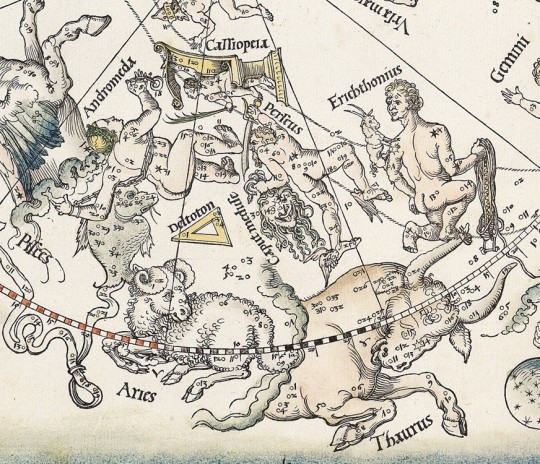
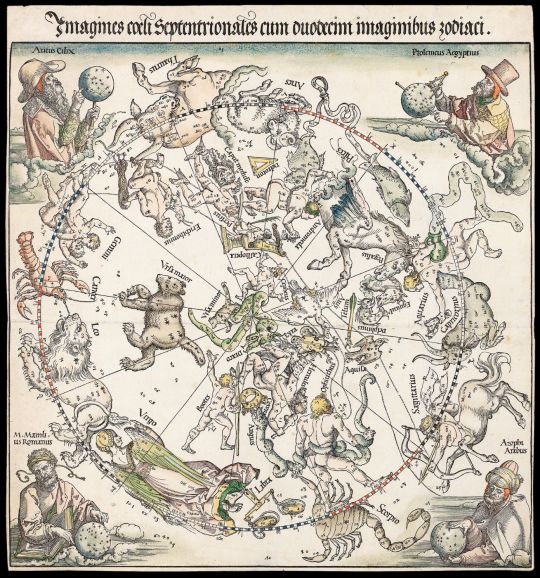
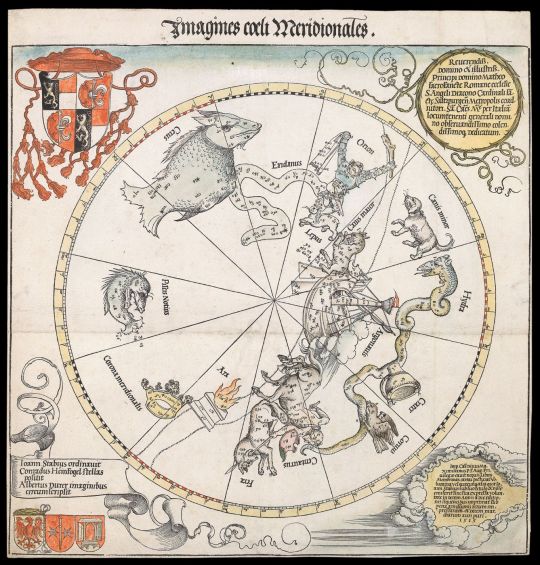
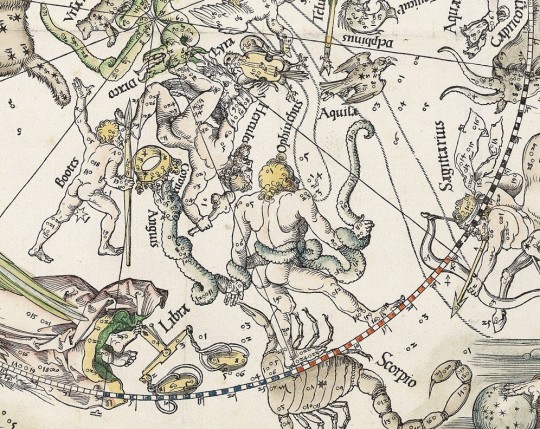
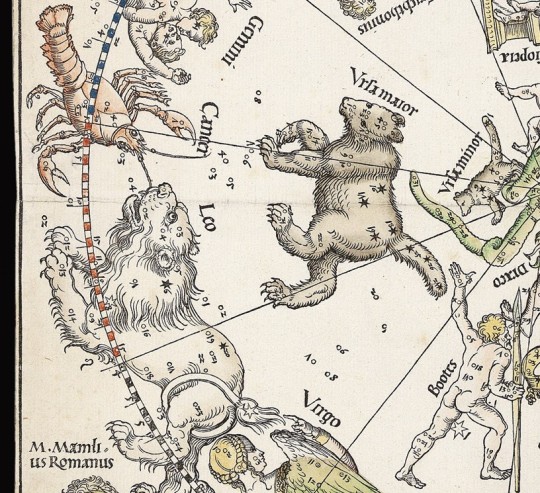
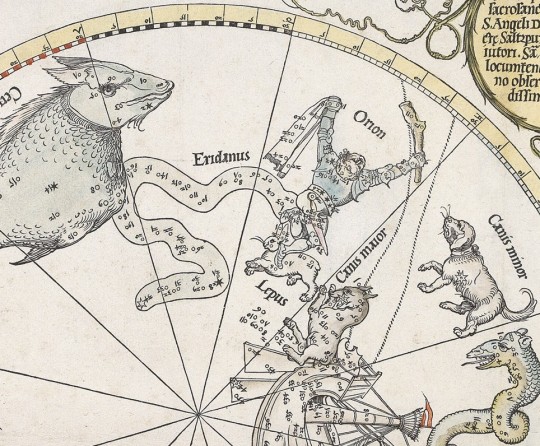

Albrecht Dürer – Scientist of the Day
Albrecht Dürer, a German artist and engraver, was born May 21, 1471.
read more...
#Albrecht Durer#art and science#celestial cartography#histsci#histSTM#16th century#history of science#Ashworth#Scientist of the Day
105 notes
·
View notes
Text
Lindsay Kokoska
Cosmic Gold
2023
Combining physical practices with AI, this unique collection of 20 unique works allude to a plethora of art historical themes and iconic artists such as Georgia O'Keefe.
#space#outer space#stars#galaxies#art and science#ancient wisdom#contemporary design#ai art#graphic design#graphic art#fine art
42 notes
·
View notes
Text

in progress mural design I'm doing for school! This is one concept, but in terms of showing community I want to do something a little less obvious
5 notes
·
View notes
Text

Moshe Safdie's ArtScience Museum, Singapore
#art and science#muesum#singapore#futurism#futuristic#liminalcore#liminal space#the backrooms#weirdcore#dreamcore
13 notes
·
View notes